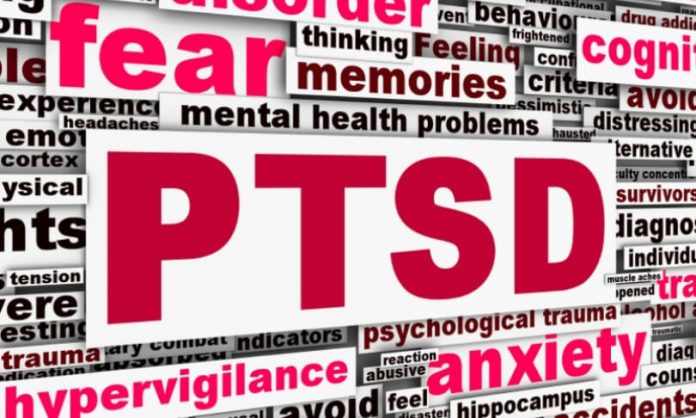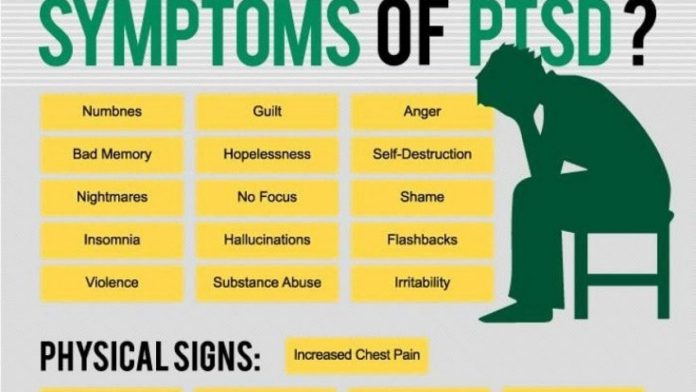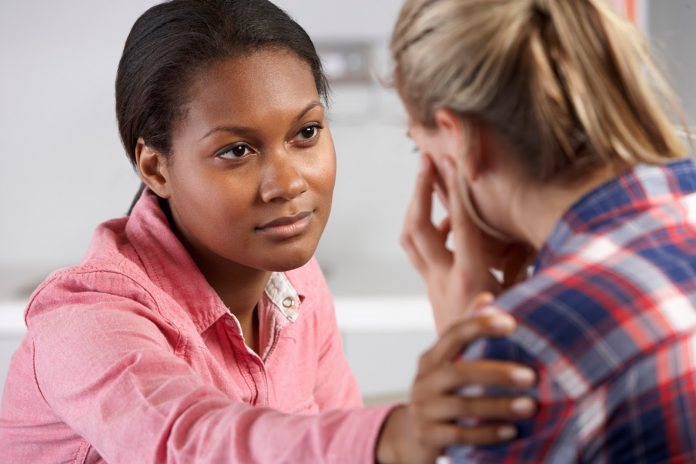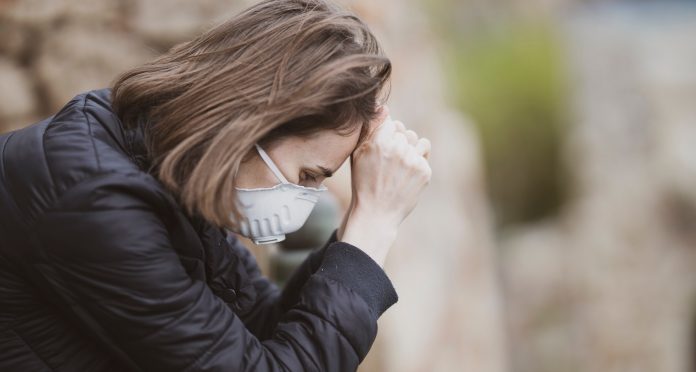Post-traumatic stress disorder, also known as PTSD in short, is something that millions of people around the world suffer from. Different people experience different types of traumas throughout their lives, and react much differently to it. While in the past it mostly had to do with veterans coming back from war, issues that occurred after diseases, famines, or natural disasters, or some great family tragedy, modern times brought more stress, depression, and anxiety in everyday life. If we let them accumulate and never react to it, it can grow and expand and eventually give us PTSD. Work and school trouble, relationships with friends, family, and romantic partners, or just the hardships of everyday struggles are enough to for many to experience it today.
If you are unsure how to recognize the symptoms and signs of PTSD and are suspecting to actually have it, it is crucial that you become familiar with exactly how this issue manifests in people. In the article before you, you will have the chance to do just that. By the end of this short read you will know how to recognize the early warning signs of PTSD.
An Overview of PTSD

Before we actually move on to the early symptoms and signs of this disorder, we must first talk a little bit more about it. According to experts from the field of psychiatry, it is a mental health condition that occurs in people after they have witnessed or experienced some kind of a terrifying event. As mentioned above, these are usually natural disasters, terrorist attacks, robberies, war and other combat-related events, assaults like muggings, and serious accidents.
The tricky part here is that some of these can happen literally to anyone, as witnessing a crime or a traffic accident can happen at any time while you are outside. According to some USA studies, 3.5% of all Americans currently suffer from some type of PTSD. Moreover, around 8 in every 100 people are estimated to experience its effects at some point in their lives. Women are more likely to experience it than men, but all genders, ages, and social classes are equally susceptible because nobody can prepare for it and there is a lot of chance and misfortune involved.
Early Warning Signs and Symptoms

If you ever experience or witness something as unexpected as one of the aforementioned events, there is a high chance of developing some of the following early signs of PTSD.
1. Negative Changes in General Mood and Mood Swings
If you suddenly start to experience negative thoughts about yourself and your future, other people, or the state of the world in general, PTSD may be starting to creep up on you. This is especially scary if you used to be a positive person whose mode was always great. Sudden mood swings that have no reason to exist are another obvious example of the total negativity taking over your life. If such detachment from positive thoughts perseveres even while you are doing your favorite activities and engaging in your go-to hobbies, the emotional numbness that you will start to live every day is a clear indicator of PTSD.
2. Avoidance
Avoiding to talk to anyone about what you saw is the model example that something is wrong. Being afraid of putting it in words will make it that much more real and scary, and you will start to live it inside of your head vividly all over again. It is normal to feel this way but it is also necessary to find loved ones to talk to. You will feel better after you overcome this obstacle and it should feel easier from that point on. Most people try to stop doing things that remind them of the traumatic event even in the slightest. Since even the smallest resemblance like a sound, an item, or a color make them go through the vent in its entirety, avoiding not only talking about it but actually not being around something similar is a safe net.
3. Memory and Dream Problems

After a traumatic experience people’s memories usually become blurred for a while. Some block out the worst parts of the event while others try to mask it and remember things differently than they actually happened. Most victims also have nightmares and weird dreams that have to deal with the trauma in some way, shape, or form. Flashbacks are usually triggered by something that reminds you of the event which is why avoidance seems to make sense. After the flashbacks and memories come the dreams and nightmares, and soon you are living in a vicious cycle that does not let you forget or move on.
4. Changes in Behavior and Reactions
Both your emotional and physical behavior and reactions to the outside world and events can be changed if you are suffering from early stages of PTSD. Being frightened or startled more easily than before is a clear indication of unnecessarily raised awareness of your surroundings, activated by a sudden surge in the need for safety and wellbeing. More often than not, those who went through a stressful situation are more aggressive, easily irritated, overwhelmed with feelings, and prone to outbursts. Such a state of constantly being on guard is quite self-destructive as people usually drive others away and miss good opportunities in life. This is why finding someone to talk to as soon as you start feeling any of these issues is key. The sooner you do it the less you will have to suffer. PTSD is at its worst if left unchecked to thrive and expand.
Therapy and Training

As mentioned, as soon as you realize that some or all of these early signs have started manifesting, it is crucial to get in touch with a professional who can help you. Sessions of therapy with psychotherapists include talking about the issue and slowly getting back to positive thoughts while realizing that nothing could be done on your end and that you were not to blame in any way. It takes time and training to start feeling positive and at ease again, exactly why early reaction works wonders in such scenarios.









